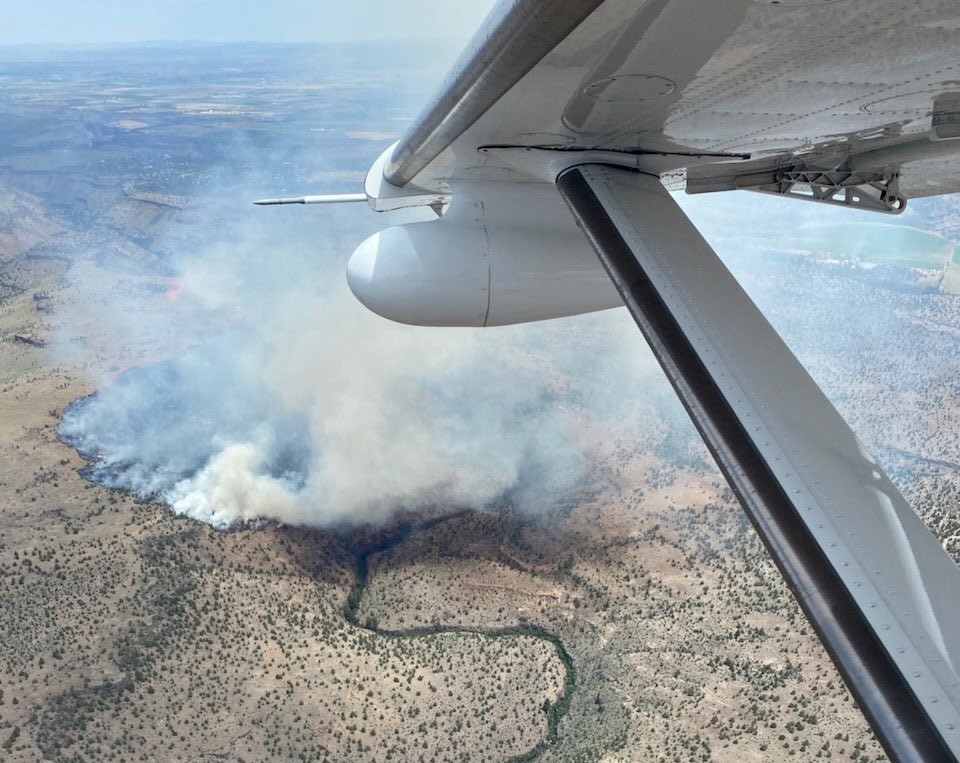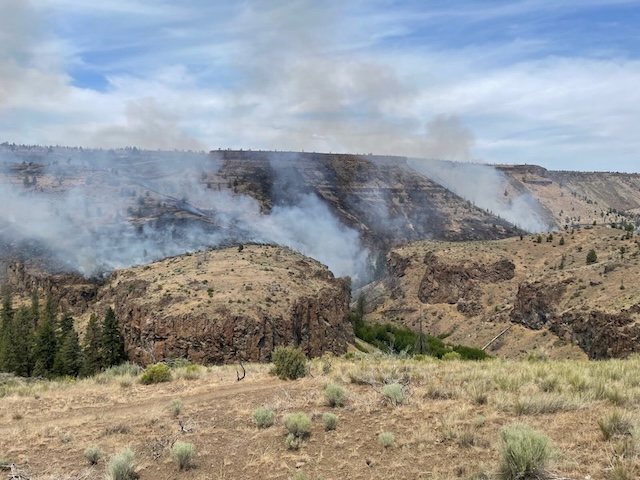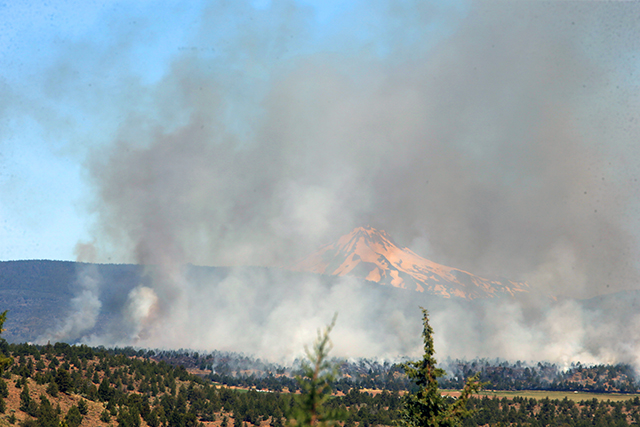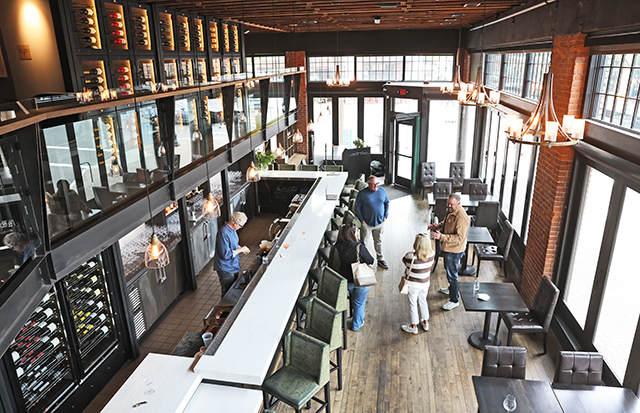Guest Column: Make Central Oregon a place where everyone can thrive
Published 9:00 pm Saturday, July 29, 2023

- Guest Column
As a health care provider I serve people from our community that have a broad variety of backgrounds, and I am humbled daily by the life stories entrusted to me. I am grateful to work as a physician in a nonprofit Community Health Center, where patients of all socioeconomic and insurance coverage status can receive quality health care.
In the last ten years of caring for patients at Mosaic Community Health, I’ve seen patients from all walks of life. That includes a mother of three, living comfortably in Northwest Crossing; a Spanish-speaking family living in a one-bedroom apartment; and a general contractor living out of their truck. One thing that many patients have in common is financial stress over housing.
Some are being displaced from their rental homes due to rent increases or because their home is being converted into a vacation rental. Some move away, and others require time in a shelter or hotel to get back on their feet in a very competitive rental market.
Many struggle to make a living wage despite working several jobs, with more than a few too proud to ask for help from community resources. Sometimes, an entire visit with a patient will focus on their stress about paying the bills.
As our community moves toward displacing some of our more destitute community members from where they call home on Hunnell Road, I want to remind everyone of the impact this will have on their health — as well as the health of our community — if they do not have access to a safe shelter or location. People who are houseless are three to four times more likely to die than the average population, and the average life expectancy for a person who is houseless in the United States is between 42 and 52 years old. We have repeatedly seen that houselessness is an independent risk factor for worse health outcomes.
For more than 10 years, Mosaic has provided direct mobile services to the unhoused. We rely on camps as sites where people can be reached to provide medical support, addiction recovery services, and access to specialty mental health. Our mobile clinic is not just providing health care, but also providing a bridge of trust to provide resources like food, transitional shelter/housing, clothing, and hygiene items. We know that when patients do not have stable housing or shelter — a basic need — it is difficult to offer the services necessary to heal their bodies and minds. Without access to preventive and primary care for chronic disease, our unhoused neighbors can deteriorate quickly, and will require more emergency room visits and hospitalizations for medical and psychiatric care. They will no longer have the bridge to receive help when they are ready.
Our city officials and law enforcement are doing their best to accommodate people requiring alternative shelter, such as more inclusive camping codes, allocation of funds towards shelter beds, and giving permission to property owners to set aside space for portable shelter for those in need. I encourage all community members to talk to the people in your neighborhood who may be struggling. Consider facing these individuals, looking closely at their trailers and tents, and stop forcing them out of your view. Talk to the people providing care or resources to the unhoused, keeping an open mind and heart as you listen. Central Oregon has a chance to be innovative, collaborative, and equitable in how we work with our neighbors. Start with a conversation, then reflect on the services or resources you can provide to make our community healthier and a place where everyone can live and thrive.
Do you have a point you’d like to make or an issue you feel strongly about? Submit a letter to the editor or a guest column.






